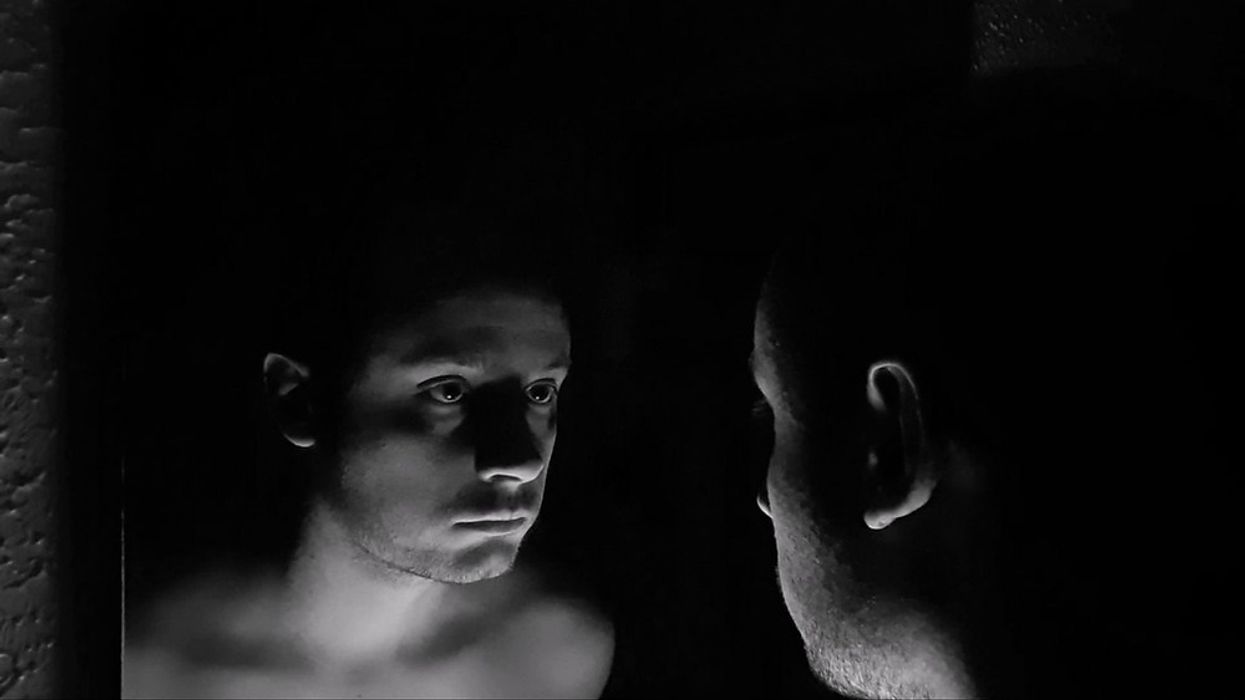11 Short Film Clichés You Need to Avoid
Why fall back on the things that everyone knows when you can make something original?

Clichés are clichés for a reason. They are overused story elements that betray a lack of original thought, and you should avoid them.
That being said, clichés are easy to fall back onto when you’re feeling stuck. I’m guilty of falling back on clichés when writing because I don’t know how to convey a specific feeling originally. Clichés are fine fillers during the drafting stage, but you should be aware of them before you believe your script is finished.
Being aware and understanding of clichés and tropes is always a great skill to have as a writer. There are specific ones reserved for genre films (which you can check out here), but our focus today is short film clichés. Standard Story Company breaks down the short film clichés that can make your film feel unoriginal and predictable. You can watch the full video below!
Short Film Clichés to Avoid
Car crashes or lots of unrelenting grief.
Stories surrounding grief and catastrophic incidents can be interesting when you explore the unexpected reactions of the characters. Yes, melancholy can be beautiful, but it’s been done before. Find new ways to explore your characters' complexity through the way they process grief.
Introducing characters as they wake up.
Yes, a character in action is very interesting, but it's not interesting to see them simply wake up. Instead, skip ahead in their morning routine, showing how they react in a small moment of conflict that allows the viewer to learn about who they are.
It was all a dream.
This is a big writing issue that we don’t need. It’s a cheap twist that is never earned and makes the viewers lose any interest in the story that was told. Instead, it ends in ambiguity, leaving the audience wondering if everything was real or not.
Overly ambiguous ending.
While an ambiguous ending can be interesting, make sure you, as the filmmaker, know what really happens in the end. If you don’t know what the “true ending” is, the audience will be able to tell.
A briefcase full of money.
This crime genre trope is tired and unoriginal. Instead, find a more original way to carry money, like using a child’s backpack or a used grocery bag. You can also never show us what is in the briefcase, leaving the audience to wonder what is in the bag.

Gun to character’s head.
This is another crime trope that is effective but has been overdone to a point that the threat no longer feels threatening. Instead, place the gun somewhere else, or play into the cliche. I recommend watching The Sopranos or Quentin Tarantino’s Jackie Brown to find interesting ways to threaten a character with a weapon.
A simple slice of life.
A "slice of life" stories are interesting if they are providing a new perspective or point of view that isn’t often represented. Be clear about what you are trying to portray to the audience, and don’t shy away from the intimate details.
Reflecting in the mirror.
You can find other reflective surfaces that showcase the character’s internal conflict while they examine their physical pain. Be creative, and pay attention to how your reflection on different surfaces looks on your next walk.
Overusing drone shots.
Sometimes, drone shots are not necessary. If you use them, then make sure they are working for your story rather than against it.
Convenient exposition dump on the news.
Finding a way to insert needed exposition into your story can be tricky, but don’t fall back on the convenient news report that tells the character and viewer everything they need to know. Instead, sharpen your dialogue writing skills by having two characters naturally talking about the events that the audience needs to know.
You can also use technology like Instagram or Facebook to convey pieces of needed information. Most importantly, trust that your audience is smart enough to figure out what’s going on.
B-roll of nature.
Nature is beautiful and can say a lot about a character’s state of mind, but don’t cut away to a B-roll of nature shots. While it can be beautiful, it’s overdone and has nothing new to add to the conversation that you’re trying to have. Instead, show us the character in nature and how they interact with it. This conveys aspects of your character’s state of mind while still obtaining gorgeous nature shots for your project.
These are just a few clichés to avoid when writing or starting to figure out what shots are needed for your short film. By avoiding these overdone elements, your short will be more original and intentional, two things that will make your project feel fully realized.
Remember, it’s okay to fall back on clichés if you’re doing it with intention. Other than that, please, don’t cave and take the easy road when creating your next project.
Do you have any short film clichés that you’re tired of seeing? Let us know what they are in the comments below!
Source: Standard Story Company











